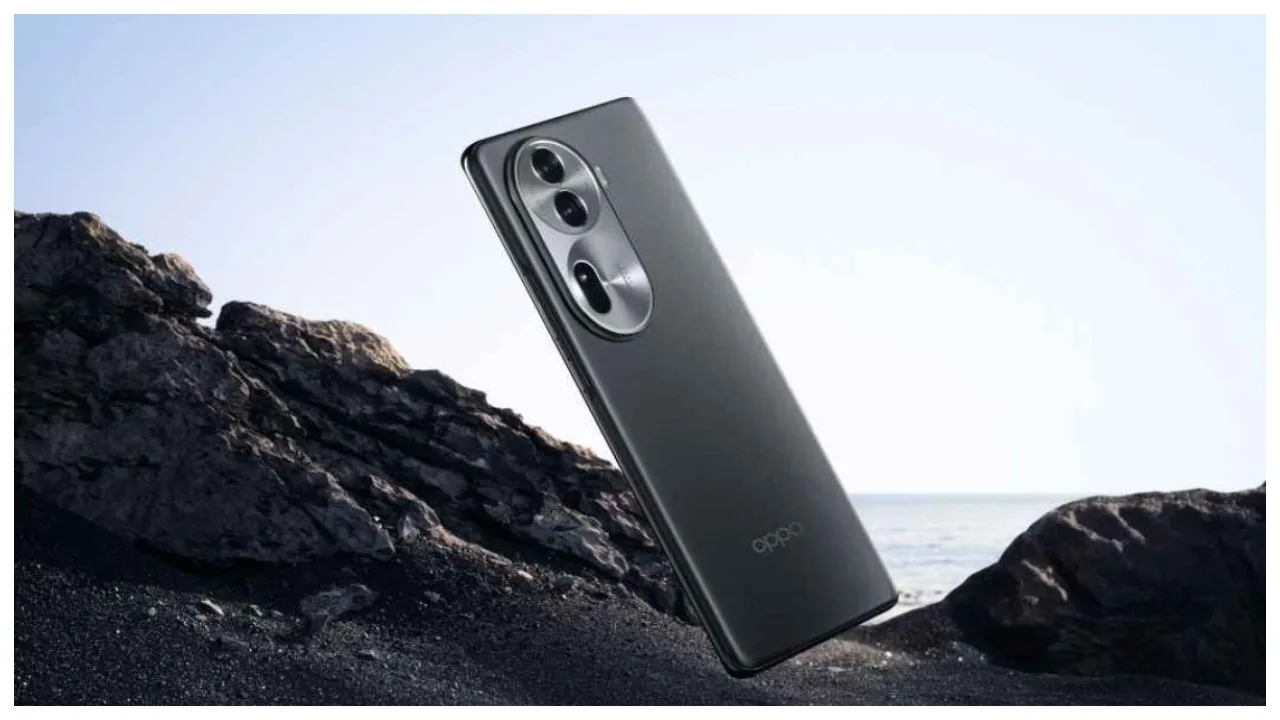The Indian automotive landscape is undergoing a significant transformation, with electric vehicles (EVs) emerging as a dominant force. Rising fuel prices and growing environmental concerns are propelling the demand for cleaner and more sustainable transportation solutions. In this dynamic scenario, two leading Japanese automakers, Nissan and Honda, have joined forces to develop and manufacture electric vehicles specifically for the Indian market. This strategic alliance has the potential to reshape the Indian EV landscape, offering exciting possibilities for both manufacturers and consumers.
A Force to Be Reckoned With: Challenging Chinese Dominance
The Indian EV market has witnessed a surge in popularity, particularly with the entry of Chinese brands like BYD and NIO. These companies have captured a significant market share by offering feature-rich electric vehicles at competitive prices. The Nissan-Honda partnership aims to challenge this dominance by leveraging their combined expertise and resources.
A Legacy of Innovation: Nissan and Honda’s EV Credentials
Both Nissan and Honda possess a rich heritage in automotive innovation. Here’s a glimpse into their individual electric vehicle journeys:
-
Nissan: A pioneer in the EV space, Nissan launched the world’s first mass-produced electric car, the Leaf, in 2009. The futuristic Ariya electric SUV further cemented their commitment to electric mobility.
-
Honda: While not as prominent in the EV segment as Nissan, Honda has showcased its technological prowess with concepts like the Honda e and the Honda Prologue EV. Their expertise in hybrid technology positions them well for the transition to electric vehicles.
Synergy for Success: The Benefits of Collaboration
The Nissan-Honda collaboration promises several advantages:
-
Combined Technological Expertise: By pooling their knowledge and resources, both companies can accelerate research and development, leading to faster innovation in battery technology, electric powertrains, and vehicle design.
-
Economies of Scale: Joint production and development will lead to cost efficiencies, allowing them to offer competitive pricing for their electric vehicles, making them more accessible to Indian consumers.
-
Strong Brand Reputation: Both Nissan and Honda enjoy a strong brand reputation in India, which translates to consumer trust and confidence in their electric vehicle offerings.
-
Localized Production: The partnership aims for localized production in India, which will not only create jobs but also contribute to the “Make in India” initiative.
What Lies Ahead: Unveiling the Future of Nissan-Honda EVs in India
While specific details about the upcoming electric vehicles from this alliance are yet to be revealed, here’s what we can expect:
-
A Range of Options: The partnership is likely to cater to diverse consumer needs by offering a range of electric vehicles, including hatchbacks, SUVs, and sedans.
-
Focus on Affordability: With competition from Chinese brands, Nissan and Honda will likely prioritize affordability, making electric vehicles a viable option for a wider audience.
-
Advanced Features: The vehicles will likely be equipped with cutting-edge features like connected car technology, advanced driver-assistance systems (ADAS), and long-range battery packs.
-
Widespread Reach: Leveraging their existing dealership networks, both companies can ensure a strong sales and service infrastructure for their electric vehicles across India.
The Road to Electric Mobility: A Collaborative Future
The Nissan-Honda alliance signifies a significant development in India’s electric vehicle journey. This collaboration has the potential to disrupt the market, offering consumers a wider range of high-quality, competitively priced electric vehicles. As technology evolves and charging infrastructure expands, this partnership is poised to play a pivotal role in accelerating the adoption of electric vehicles in India, paving the way for a cleaner and more sustainable future.
Looking Beyond the Horizon: The Evolving EV Landscape
The Indian EV market is a dynamic space with other established players like Tata Motors and Mahindra & Mahindra actively developing and launching electric vehicles. The entry of the Nissan-Honda alliance promises to further intensify the competition, ultimately benefiting consumers with a wider variety of choices and potentially lower prices. The future of electric mobility in India appears bright, with collaborative efforts leading to faster innovation and wider adoption of EVs.









